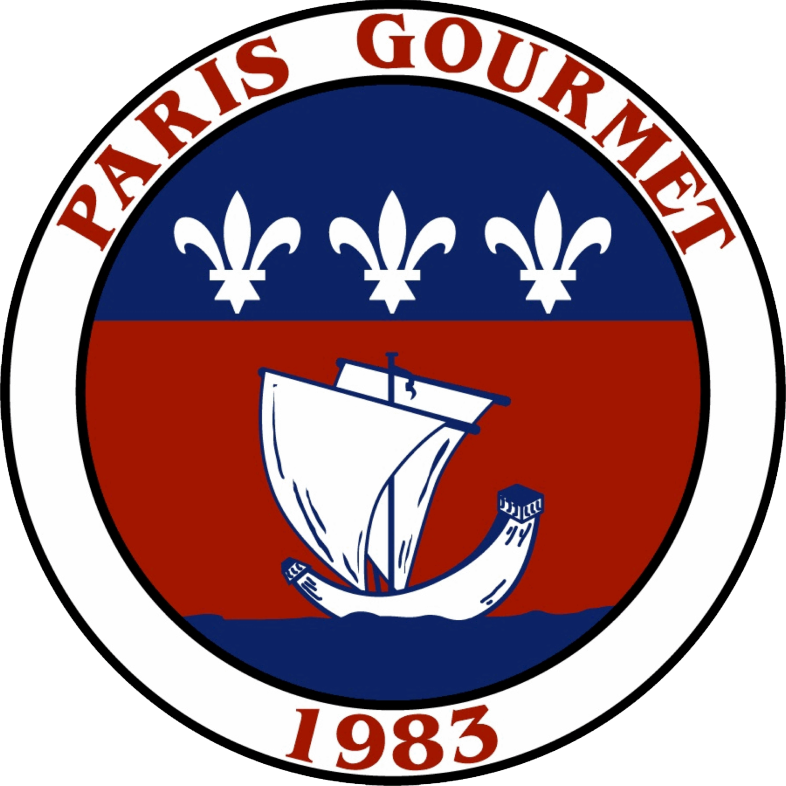Bolster Your Business with These 5 Restaurant Supply Chain Management Tips
- By Charlotte Brown
- April 16, 2024
In the restaurant business, every ingredient plays a crucial role in your success. This makes mastering restaurant supply chain management essential for owner-operators and distributors alike. From sourcing high-quality ingredients to maintaining cost efficiency, parsing through the wide array of suppliers and distributors can be daunting. However, with the right strategies, you can streamline your supply chain for a more successful business. In this blog, we’ll review five proven tips for effective restaurant supply chain management in the culinary space.
Why to Reconsider Your Existing Supply Chain Practices
In all aspects of a business, it's imperative to challenge your current processes—but this is especially true for restaurant supply chain management. Clinging to familiar practices without question can lead to complacency and missed opportunities for improvement. Even if you’ve relied on the same strategies and suppliers for decades, reassessing your supply chain practices allows you to identify inefficiencies, explore new sourcing options, and adapt to changing consumer preferences. Remember that loyalty should be based on mutual benefit and shared values; not solely on longevity. By challenging the status quo and embracing a mindset of continuous improvement, you can position your restaurant for sustained success.
#1. Cultivate Strong Relationships with Suppliers
Building a strong relationship with your suppliers is paramount. Establishing open lines of communication, understanding each other's needs, and fostering trust can lead to mutual benefits. When suppliers feel valued and respected, they are more likely to prioritize your orders, offer better deals, and even provide exclusive access to premium ingredients. Regularly engage with your suppliers, attend industry events, and seek feedback to nurture these relationships and create a solid foundation for your restaurant supply chain.
#2. Regularly Evaluate Prices and Negotiate Deals
In the dynamic culinary landscape, ingredient prices can fluctuate for many reasons—including seasonal changes, market demand, or other external forces. It's crucial for restaurant owner-operators and distributors to regularly evaluate prices from different suppliers. Compare quotes, negotiate deals, and seek opportunities for bulk purchases or long-term contracts to secure competitive pricing. By staying proactive and adaptable in your restaurant supply chain management approach, you can mitigate cost fluctuations and maintain profitability.
#3. Embrace Pre-prepared Options
In the fast-paced culinary industry, efficiency is key. Taking advantage of pre-prepared options—such as pre-cut vegetables, marinated meats, or ready-to-use sauces—can significantly streamline your kitchen operations and even reduce labor costs. While some purists may argue for the sanctity of scratch cooking, integrating pre-prepared ingredients in your restaurant supply chain can enhance consistency, minimize waste, and free up valuable time for chefs to focus more on creativity and innovation. Evaluate your menu offerings and identify opportunities where pre-prepared options can enhance efficiency without compromising quality.
#4. Balance Quality and Cost
While cost considerations are important, quality ingredients are also integral to the success of your restaurant. Opting for suppliers that prioritize quality assurance, sustainability, and freshness ensures that your dishes stand out and resonate with the most discerning customers. Choose suppliers who source their ingredients ethically, prioritize food safety standards, and offer traceability throughout the supply chain. While investing in high-quality ingredients is often more expensive, it typically pays dividends in customer satisfaction, repeat business, and a stellar reputation for your restaurant.
#5. Leverage Technology and Data Analytics
In today’s digital world, technology plays a pivotal role in optimizing restaurant supply chain management. Implementing inventory management systems, utilizing data analytics tools, and leveraging predictive modeling can provide valuable insights into demand forecasting, inventory optimization, and supply chain efficiency. By harnessing the power of technology, restaurant owner-operators and distributors can make informed decisions, streamline processes, and adapt to changing market dynamics with agility and precision.
Choose Hassle-free Restaurant Supply Chain Management
Conquering restaurant supply chain management requires a strategic approach. If you’re eager to evaluate a new supplier, consider getting in touch with Paris Gourmet. We offer premium products at reasonable prices to help our restaurant partners succeed.
